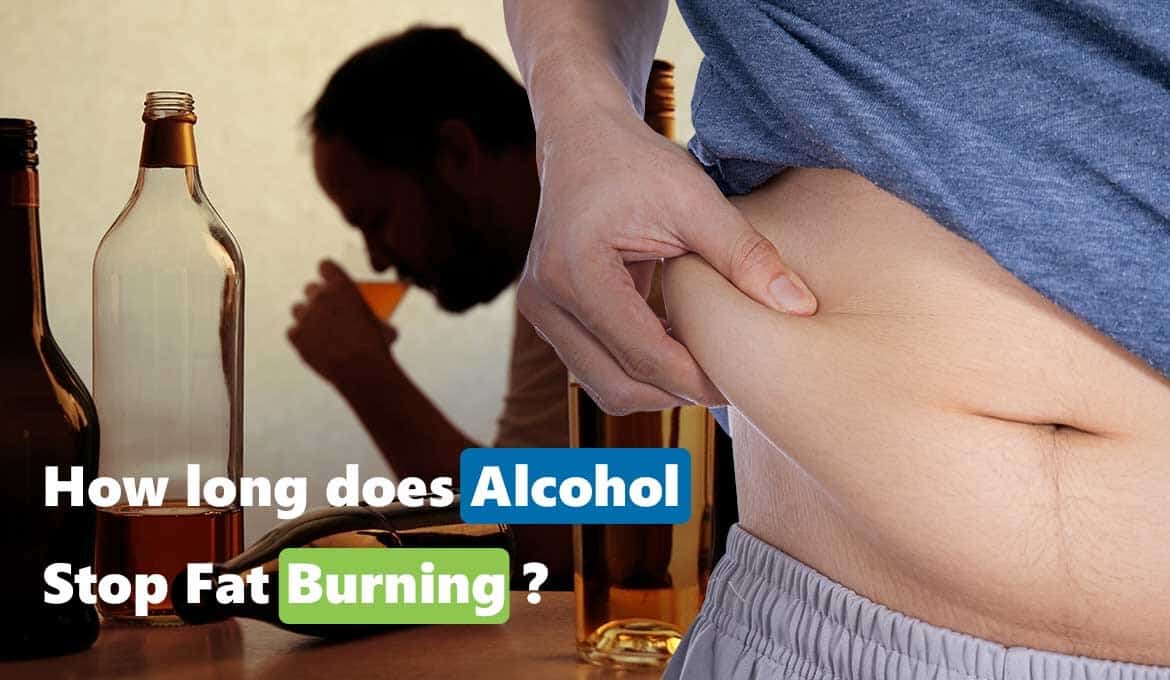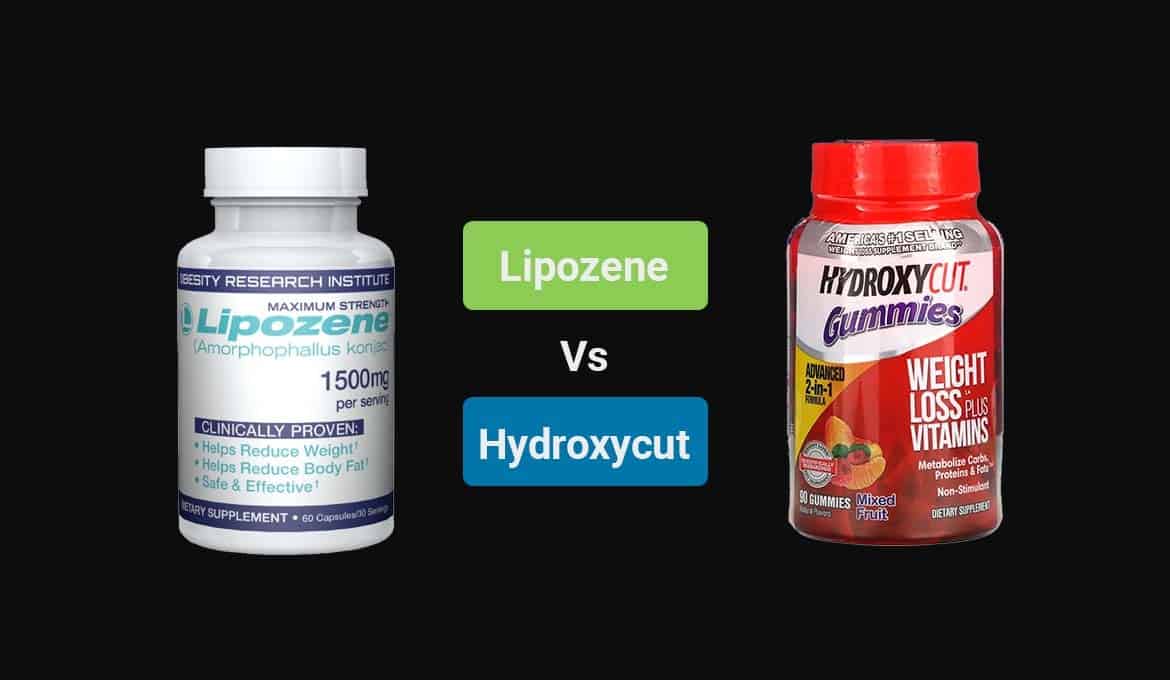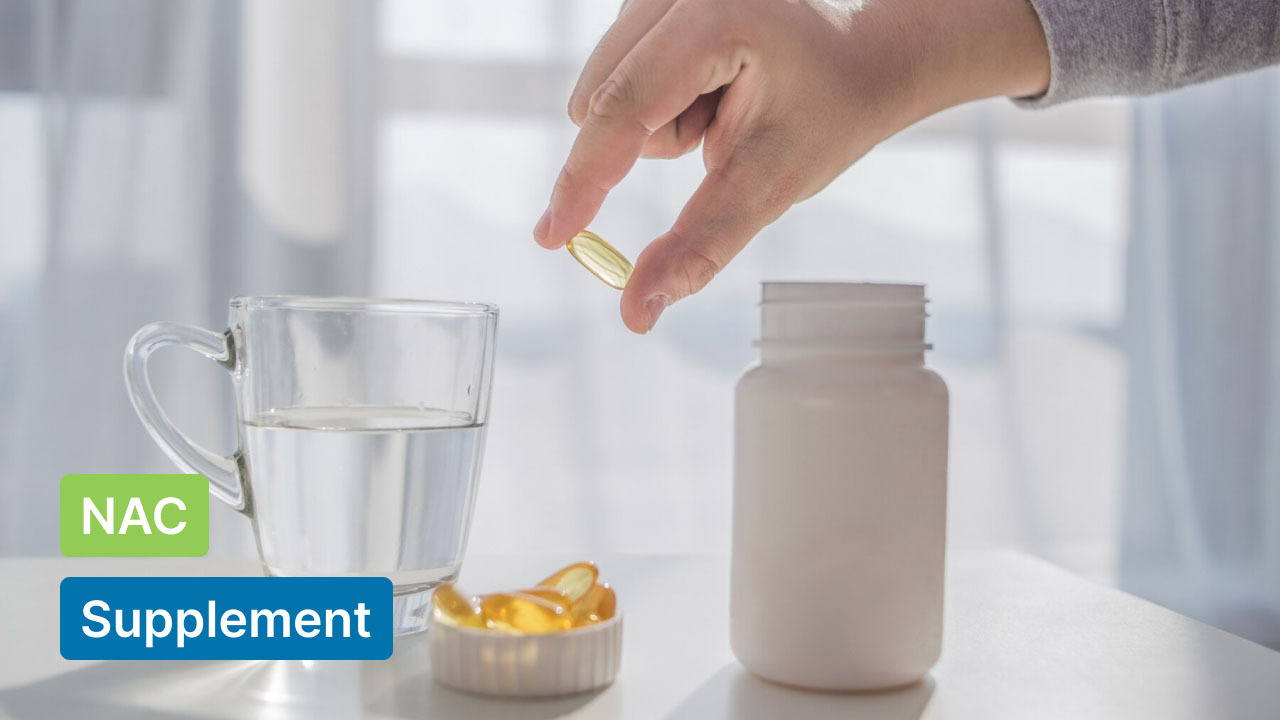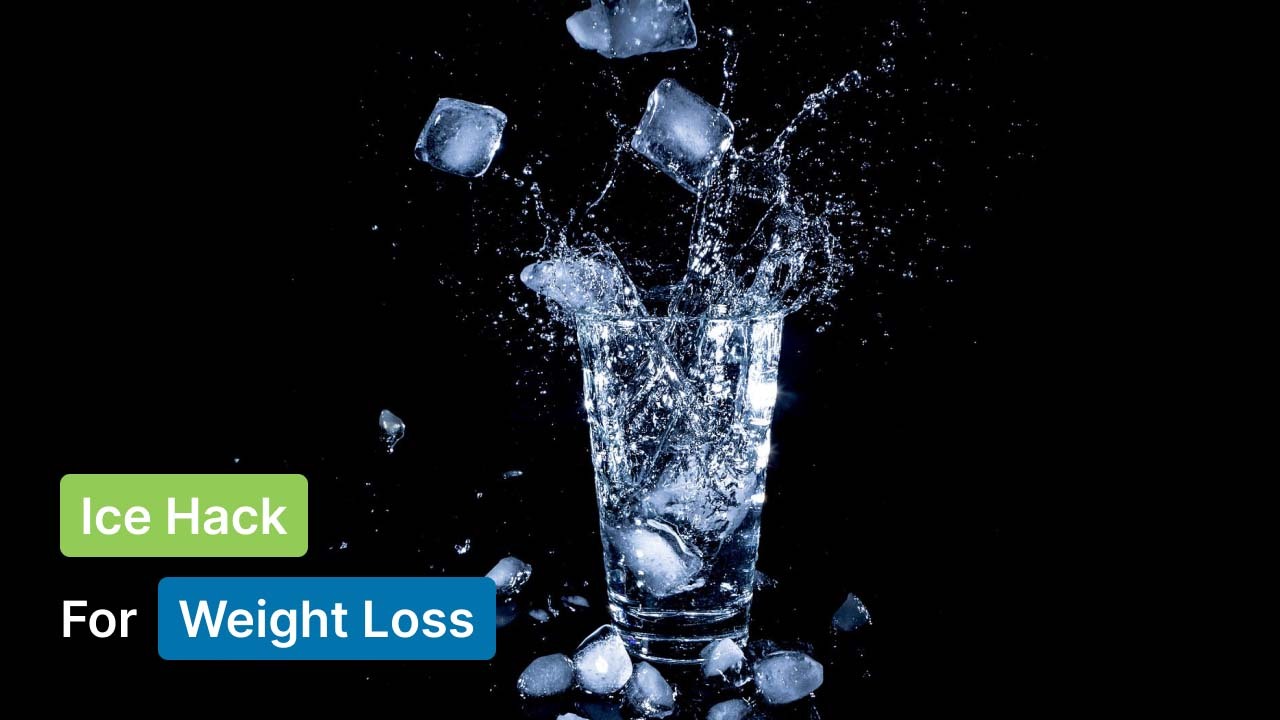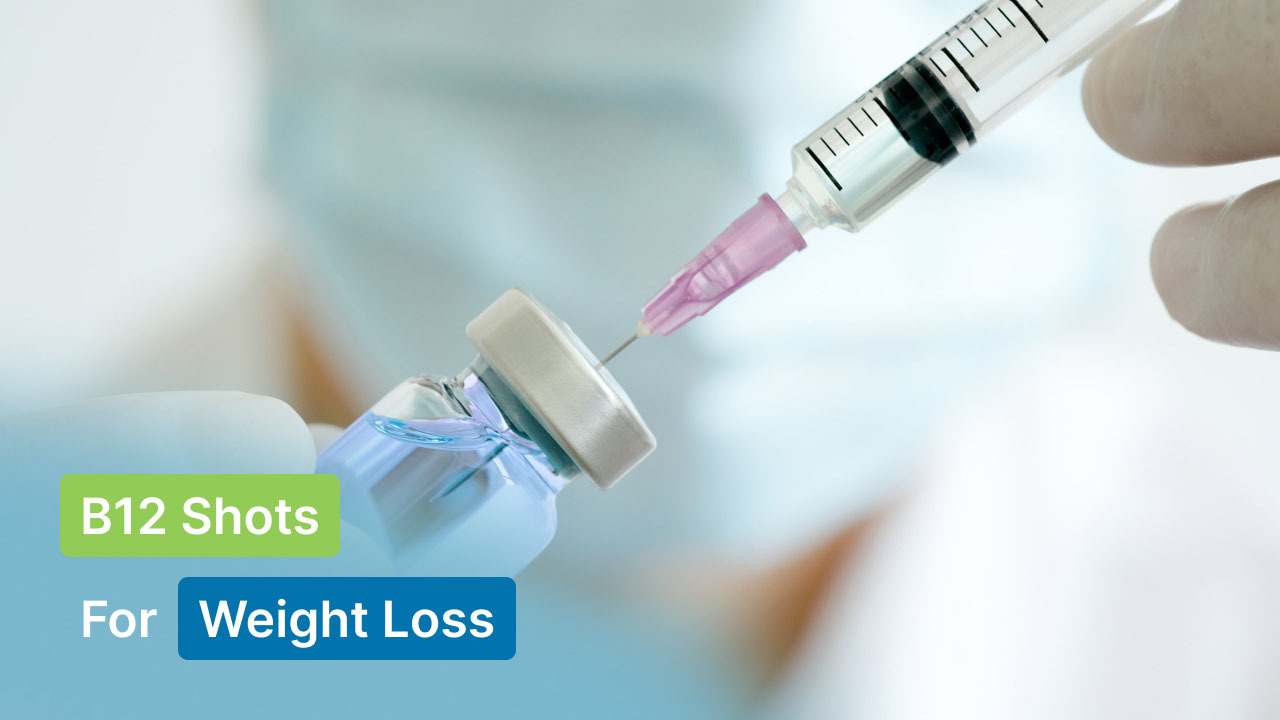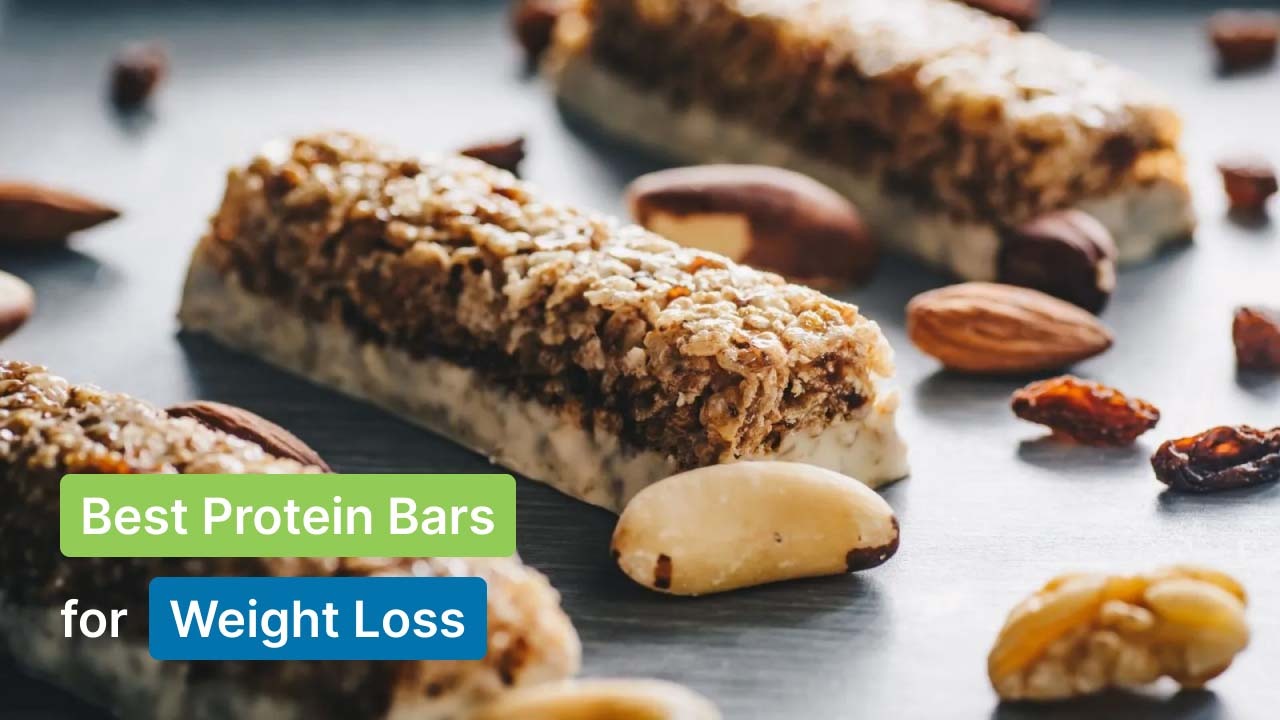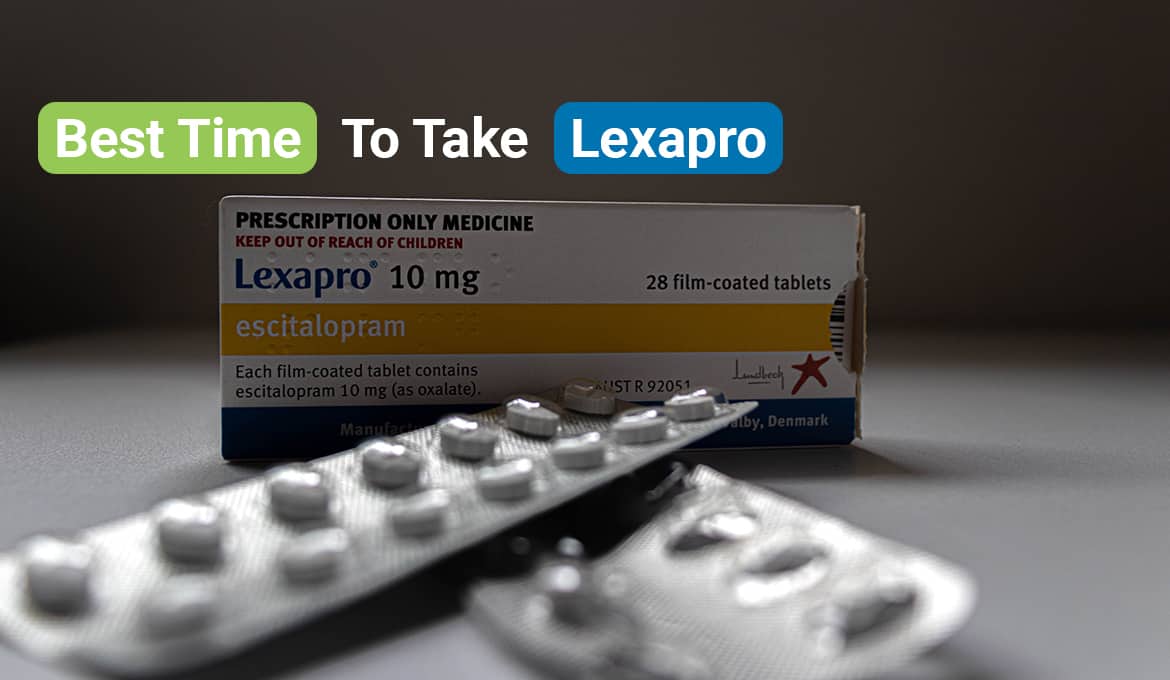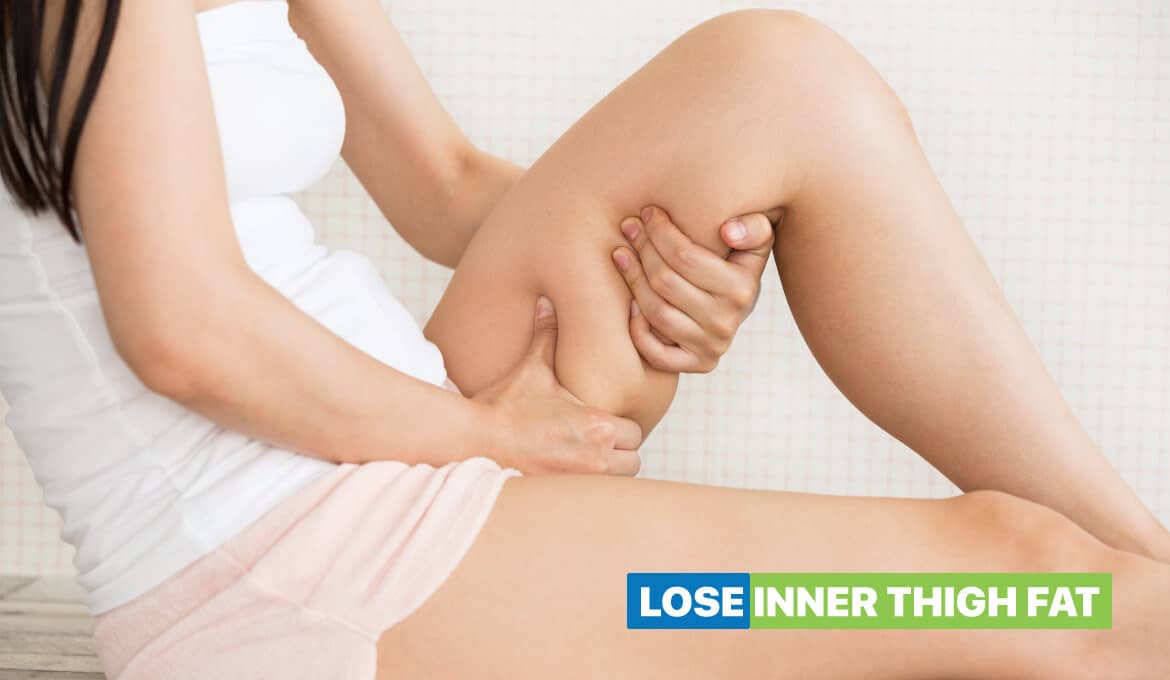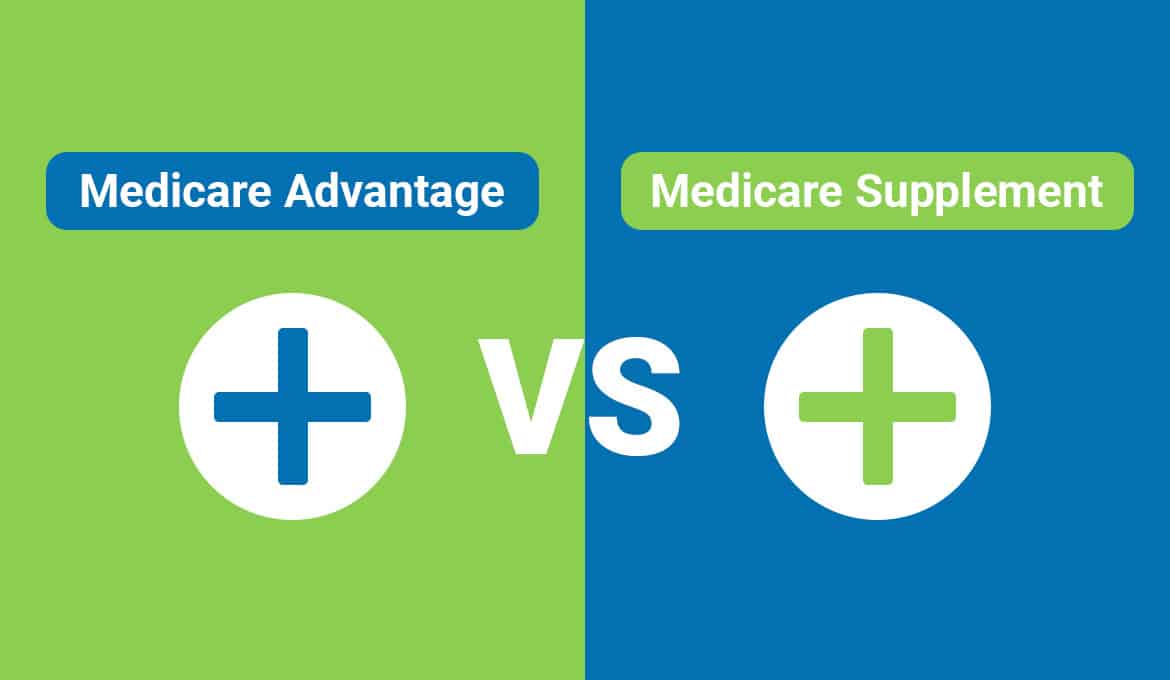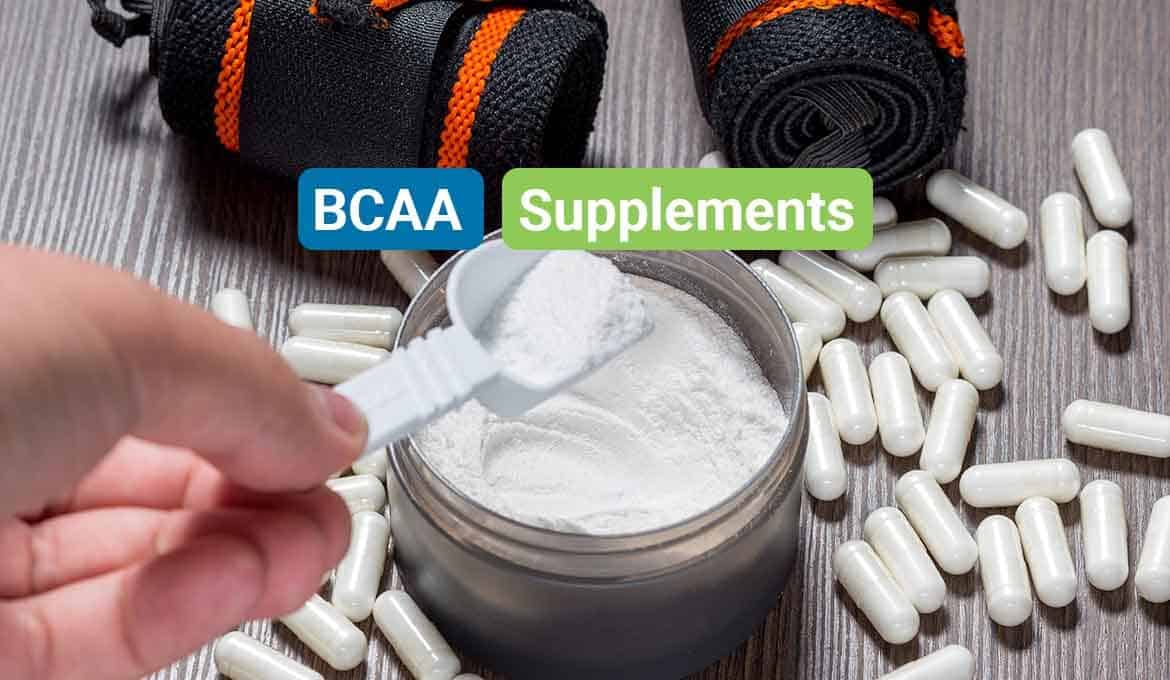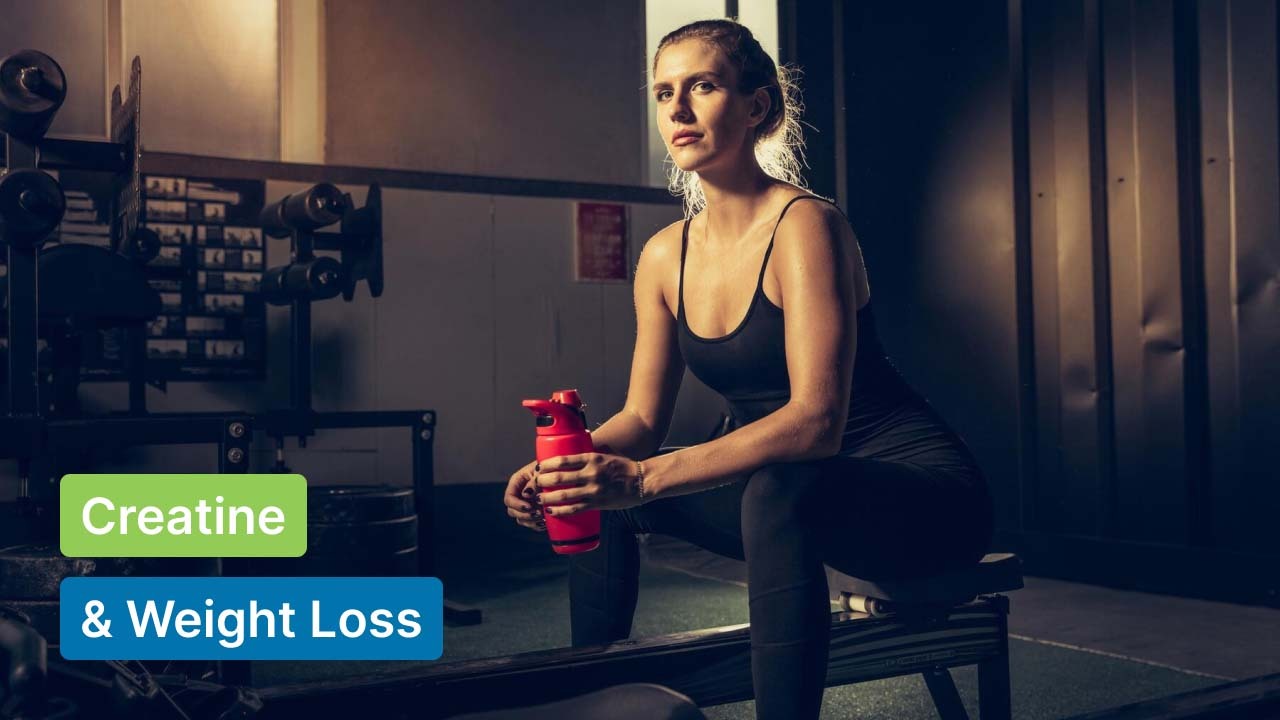
If you’re a beginner or just joined a gym hoping to lose some weight, you may have come across Creatine. Whey proteins and Creatine are two common supplements that gym trainers recommend, regardless of the fitness goals. But before buying Creatine, you want to make sure whether it's good for burning those fats.
Creatine is actually known for improving athletic performance and building muscle mass. It's literally the favorite thing among gym-goers. But what about its impact on losing weight? Is Creatine good for weight loss?
Creatine is a popular and trending dietary supplement used by most athletes and bodybuilders in the US. In essence, it does not help you lose weight directly but can improve your metabolism.
Further, it has been extensively studied for its impact on muscle growth and performance. Its direct influence on weight loss is still a topic of ongoing debate.
Keep reading to learn everything you need to know about Creatine and help you discover the question, “Is Creatine good for weight loss?”
Let's start off with the basics.
What is Creatine?
Creatine is an organic compound that is found naturally in the human body and helps supply energy to muscle cells. Chemically, it's called methyl guanidine-acetic acid. It is derived from three amino acids: glycine, methionine, and arginine.
This compound provides the energy needed to fuel muscles during high-intensity workouts like lifting or sprinting. It is usually stored in the muscle and is commonly taken as a supplement by bodybuilders and athletes for muscle strengthening.
In general, our bodies produce Creatine on their own. We can obtain more of it exogenously through protein-rich foods such as eggs, meat, fish, milk, and supplements.
When taken as a supplement, it improves your performance during strenuous workouts and allows you to lift heavier weights. Meanwhile, you tend to burn more calories, potentially leading to fat loss. Over time, this can help you in building more muscle mass.
It's interesting to know that most of Creatine, nearly 95%, is found in our skeletal muscles (as phosphocreatine), which is why Creatine monohydrate is closely linked to muscle gain and workout. The other 5% of Creatine in our body can be found in our brain, liver, kidneys, and testes (in males).
Specifically, Creatine helps in producing the compound ATP. We all know that ATP, or adenosine triphosphate, is our body's source of energy, and when it is depleted in the muscles, we feel tired.
When you consume Creatine, be it in food or supplement form, it helps regenerate ATP rapidly, which facilitates physical performance.
Since Creatine is not found in plant-based foods, it's hard for vegans and vegetarians to take this dietary supplement. Hence, it becomes important for them to supplement with Creatine.
Types of Creatine
Within supplements, there are 4-5 different types of Creatine, including:
- Creatine Monohydrate
- Creatine citrate
- Creatine hydrochloride (HCl)
- Creatine ethyl ester
Not to mention the most famous and well-researched type is creatine monohydrate. Apparently, creatine monohydrate was reportedly known as the “gold standard” due to its high bioavailability, low cost, efficacy, and safety.
Creatine is not a weight loss supplement or a fat burner. All it does is help you with your fat loss efforts. To understand this, let’s get into how it works.
How Does Creatine Work?
Creatine helps support and protect your muscles during weight loss by bringing water into your muscles. This helps to enhance and protect muscle fibers from injury or damage.
This is the reason why drinking lots of water is advised for losing weight. It protects your muscles from any breakdown caused by dehydration throughout your weight loss journey.
Here's the science behind it:
When you take Creatine, it gets converted into phosphocreatine or creatine phosphate, which is then stored in your muscles. This compound provides a quick boost of energy during strenuous workouts.
This means that having more Creatine in your body can give you an extra kick of energy throughout your exercises. After all, the more energy you have, the more calories you can burn. Right?
As mentioned earlier, your body naturally produces Creatine. The real problem, however, is that the amount of Creatine that the body can manufacture is insufficient to be really effective.
Your muscles quickly turn this Creatine into ATP, but unfortunately, the benefits of that quick conversion only last for a short while.
Now, back to the main question.
Is Creatine Good for Weight Loss?
The answer is not really.
Firstly, let's be clear: when it comes to losing weight, the key is to focus on reducing body fat, not just looking at the weight watchers scale.
Creatine is usually not considered a weight loss supplement since people use it primarily to boost muscle strength and power, particularly when doing heavy workouts.
Nevertheless, Creatine can indirectly support weight loss and help you shed excess body fat, mainly if you are aiming to burn some belly fat as a result of increased muscle stamina.
One way that creatine supplements might help you lose fat is by boosting your metabolism. Apparently, Creatine monohydrate increases the water content in your muscles and causes a slight increase in your metabolic rate (More on that later).
A speedier metabolism means that your body is burning calories at a slightly higher rate, which can promote weight loss.
According to experts, in order to boost your weight loss further, you can perform high-intensity or resistance workouts as you take this dietary supplement. Creatine will undoubtedly increase recovery time and help you reach your fitness goal.
Even though rapid weight gain and bloating you'll notice after you start supplementing with Creatine can be distressing, none of this weight is actually fat.
So, Creatine can't really ruin your goals. It can make it more difficult to track your progress by making you hold more weight from water than you would normally.
To cut it short, Creatine isn't a direct fat burner.
Benefits of Creatine
With that said, are we saying you shouldn't take Creatine while losing weight? Absolutely not.
No matter what your fitness goal is, you must be taking creatine supplements during your workouts.
Here's why:
i) It Improves athletic performance
This is the primary purpose behind creatine supplementation, especially for bodybuilders. The role of Creatine in ATP production means it can greatly improve high-intensity physical performance.
This is particularly helpful if you are experiencing a dip in athletic performance after modifying your calorie goals.
Keep in mind that it will not give you overnight results. In fact, it will take two to four weeks, along with consistency, to see changes.
ii) It helps in muscle recovery:
Additionally, Creatine can accelerate the recovery of your muscles following rigorous exercise training. According to experts, taking supplements of Creatine can help reduce muscular damage and quickly restore lost power potential, which may lead to better overall muscle recuperation.
iii) It preserves muscles during calorie deficit:
If you are following a calorie-deficit diet as a part of a weight loss plan, supplementing with Creatine can be helpful. Research has shown that this dietary supplement helps prevent you from losing muscle and strength.
While this does not guarantee that you will lose fat, it can improve the effectiveness of your calorie deficit by directing your body to burn fat instead of muscle mass for energy.
Can Creatine Make You Gain Weight?
This is an interesting yet common concern.
At the beginning of creatine supplementation, you may feel your muscles look puffier.
Other people have also reported that creatine consumption made them feel fat, puffy, or bloated soon after starting.
Although it's true that Creatine can lead to weight gain, body fat is probably not the cause.
Yet, during the “cutting phase,” Creatine helps athletes with fat loss by preserving muscles. It does this by retaining more water in your muscles, protecting them from damage, and maintaining lean muscle mass.
Let’s break it down:
i). High Water retention: Some people may experience water retention in the initial days of consuming creatine supplements. And this is the biggest concern you must be aware of when trying to lose weight.
Studies have shown that those who begin taking Creatine should expect to gain two to four pounds of water weight in a matter of days. This is because Creatine stimulates muscular growth by drawing more water into your muscles.
Although water retention isn't an awful thing, weight gain can be frustrating for those putting in lots of effort to lose weight. This is because they may be losing fat, and the scale is showing the opposite.
But know that as your body adapts to creatine supplementation, any initial water weight gain tends to normalize over time.
ii). Increase your muscle mass: Creatine supplementation is an effective way to boost muscle strength and endurance. Don't be disappointed if the number on the scale jumps as you gain muscle mass.
How you feel in your body matters more than the number on the scale. You probably want to “look” a specific way if your goal is to become in shape.
Though it may take some time, toning your physique and muscles will pay off.
How to Take Creatine for Weight Loss?
Creatine supplement is typically sold as a white, odorless powder. It is also available in ready-made powdered drinks and pill form.
According to experts, Creatine must initially be taken during a loading phase to saturate muscle tissues quickly.
Taking 20-25 grams of Creatine in the loading phase is the most common for bodybuilders. As mentioned in the ISSN, the recommended dosage for taking Creatine supplements is 4 times for at least five days a week, regardless of your gym goals.
Afterward, normal intake is usually about 3 to 5 grams each day in the maintenance phase. But this can depend on each individual. Ask your trainer or a nutritionist what would be right for you.
Speaking of timing, experts recommend taking Creatine shortly after your training session. It's best to take it with sugar as it causes a spike in insulin, which will assist in running more of the Creatine into your muscles.
This means that more of the Creatine is used up instead of going to waste, resulting in water retention or bloating. Some dietitians also suggest taking Creatine with carbohydrates and proteins for maximum absorption.
So, Is Creatine Right for You?
This is a personal choice.
If your priority is to gain muscle mass and enhance athletic performance, Creatine is the best option for you. However, if your goal is to lose weight instantly, the initial water weight gain can be disappointing.
In such cases, you have to be patient and try to be consistent with it. Gradually, you’ll see your weight loss.
Always remember, It’s not a quick fix, but it can complement your efforts.
If you're considering Creatine or any other supplement as a part of your weight loss program, discuss it with a healthcare professional or a dietitian. They may provide personalized guidance based on your health history and weight management goals.
Final Verdict!
So, Is Creatine good for weight loss? As you can see, Creatine has many benefits in bodily processes, and not specifically in weight loss. That means Creatine helps you lose weight indirectly.
It does so by increasing your metabolic rate, and when paired with physical activity, it can support your weight loss goals.
That said, Creatine for weight loss works well only if you eat a healthy and calorie-deficit diet and engage in regular exercises. Do not rely solely on Creatine supplementation; It's just a small part of a weight-loss regime.
Moreover, the best way to lose weight is to follow a nutrition plan made by a certified nutritionist and dietician.
FAQs
1. Can I lose weight on Creatine?
Ans: Not really. Studies show that Creatine indirectly helps you lose weight. Some say that creatine supplementation helps reduce your body fat, while others say they didn't notice any difference.
2. Which Creatine is best for fat loss?
Ans: Creatine Monohydrate has proven to be the best for fat loss. Some of the best Creatine for weight loss are Creatine HMB by Transparent Labs, Thone Creatine Monohydrate, and BPN Creatine.
3. Does Creatine suppress your appetite?
Ans: Creatine doesn't have any effect on your appetite. But it helps build muscle, indirectly helping you lose weight. However, a few people have reported Creatine suppresses appetite and hunger.
4. Is Creatine or Whey better for weight loss?
Ans: Most people prefer whey protein over creatine for weight loss. This is because whey protein is great for muscle building and losing body fat. But if your goal is to improve your strength, Creatine is better.
5. Can I mix Creatine with Protein Powder?
Ans: Yes. You can take Creatine with Protein after your workout. There's no added benefit to it, but it doesn't cause any side effects either. So it's totally safe.
6. Will I lose weight coming off Creatine?
Ans: Yes. When you stop using Creatine, you lose weight as a result of the decrease in water weight gained while on Creatine because Creatine causes muscle cells to retain more water, resulting in temporary weight gain.
Read Also:



















